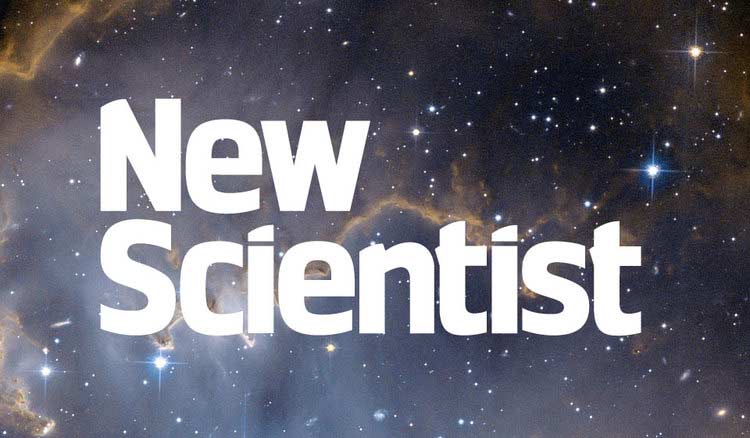
The past, it is said, is another country. Look back at the first issues of The New Scientist; and this sentiment is wholly believable. They certainly did things differently in 1956: oral contraceptives did not exist, electronic gadgets were packed with valves, not transistors, nobody was sure if genes would be found in DNA and cavity-wall insulation had yet to be invented.
You will find a virtual tour of this and other countries in the story list of this special report, with the 1950s beginning on “Influenza wave from the east“, 1960s on “Gagarin goes into orbit“, 1970s on “Is Pluto no bigger than the moon?”, 1980s on “The gay epidemic“, 1990s on “Big bang echoes through the universe“, and 2000s on “The end of the beginning“. On the principle that more distant countries are more exotic and so more intriguing, we linger longer on the 1950s and 1960s than on more recent times.
You will also find many other classic articles here on: anthropology, aviation,chemistry , climate change, communications, computing, cosmology, electronics , energy, environment, fun, genetics, health, industry,materials ,neuroscience , nuclear science, physics, politics, sex, society,space and transport.
This collection charts some astonishing scientific and technological changes, but it is not intended to be a definitive history. The articles are snapshots, frozen in time. The story about deciphering the genetic code marks the discovery as important, but like the scientists who conducted the work it can only grapple for understanding. Hindsight gives us a much better idea of its significance. The report of the Chernobyl disaster was written as the reactor burned and so was in no position to foresee the far-reaching impact the accident would have on nuclear power.
Nor is this a complete history. A number of gaps have arisen because some seminal advances are only recognised as such after many years. Also, New Scientist (the title lost its definite article in 1961) reported some stories in ways that do not travel well through time. Its main coverage of the moon landings, for example, consisted of a guide to Apollo 11’s mission in the week before Neil Armstrong took his small step. The reports in following weeks were rather curmudgeonly, focusing on the hyperbole of television presenters and the low profile of science during the spectacle.
Seen through New Scientist’s eyes, the world had its humorous side too. From the start, the magazine gave space to entertaining advances, regardless of whether they would turn out to be feasible or practical. Yet how much duller it would be never to have heard about the circular runway or underground trains that split down the middle.
This is only a tiny fraction of New Scientist articles from the past half-century. Hundreds of parallel histories could have been constructed just as easily. Sadly, there is little room here for discussions of race and intelligence or the treatment of scientists in the Soviet Union when Lysenkoism ruled the roost, or for the smoke blown by the tobacco industry to confuse findings that cigarettes were dangerous. Hopefully, at some point in the future, when the full 50 years is available on our web archive, everyone will be able to find their own routes through the country of their choosing.
As a web end developer for New scientist I'm able to share many articles and discoveries with you all on the 'Steemit' Blockchain.
Be sure to head over to www.newscientist.com for exclusive content
Welcome to Steem @new-scientist I have upvoted and sent you a tip
Downvoting a post can decrease pending rewards and make it less visible. Common reasons:
Submit
hi New-scientist I hope you enjoy your time here, its a great community ! Nice post, i will follow your account, please follow me .
Downvoting a post can decrease pending rewards and make it less visible. Common reasons:
Submit
Wellcome, looking forward to your posts :D
Downvoting a post can decrease pending rewards and make it less visible. Common reasons:
Submit
Are you able to verify that you actually represent newscientist.com? Official verification is necessary to prevent fraud. Sorry to have to ask.
Downvoting a post can decrease pending rewards and make it less visible. Common reasons:
Submit
Good evening,
As a junior web developer for new-scientist,I have spoke to my director about the possibility of sharing some of our content on Steemit with doing so I was told the company was not looking to branch out to other social media platforms as of yet and that any content I share wether it's on facebook,instagram etc I must reference everything back to "New Scientist" as of now I'm just testing the waters so I have something to bring back to my higher-ups who then may consider posting exclusive content on 'steemit'.With Steemit still being in early stages bringing back sufficient evidence that it's worthwhile is my main prerogative.
Downvoting a post can decrease pending rewards and make it less visible. Common reasons:
Submit